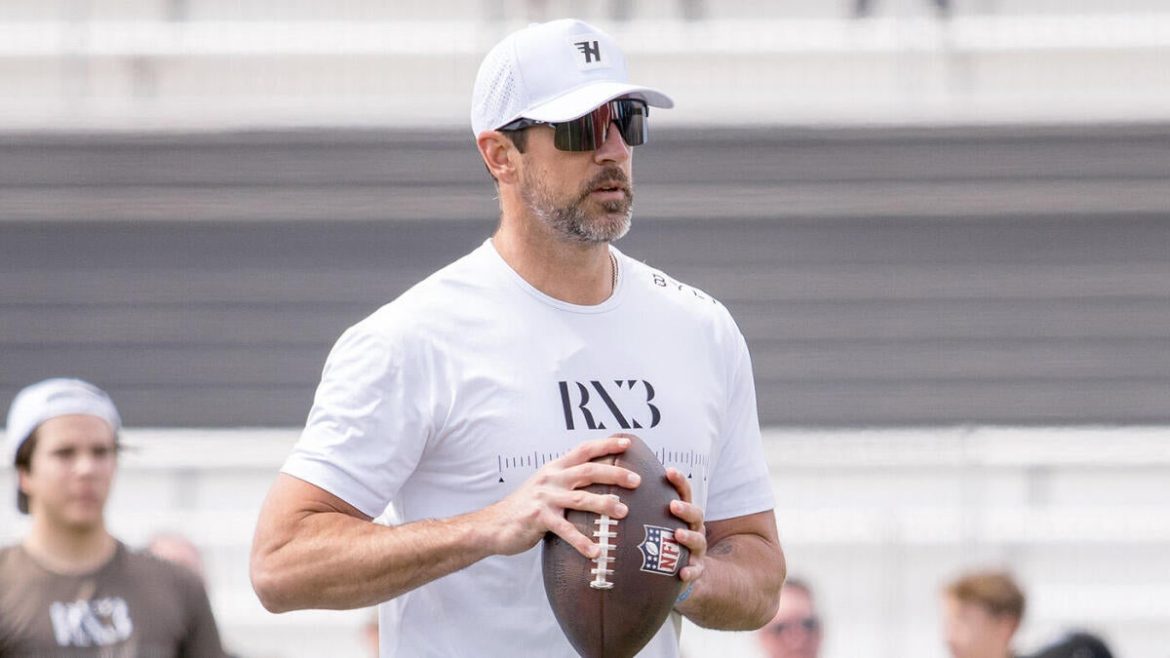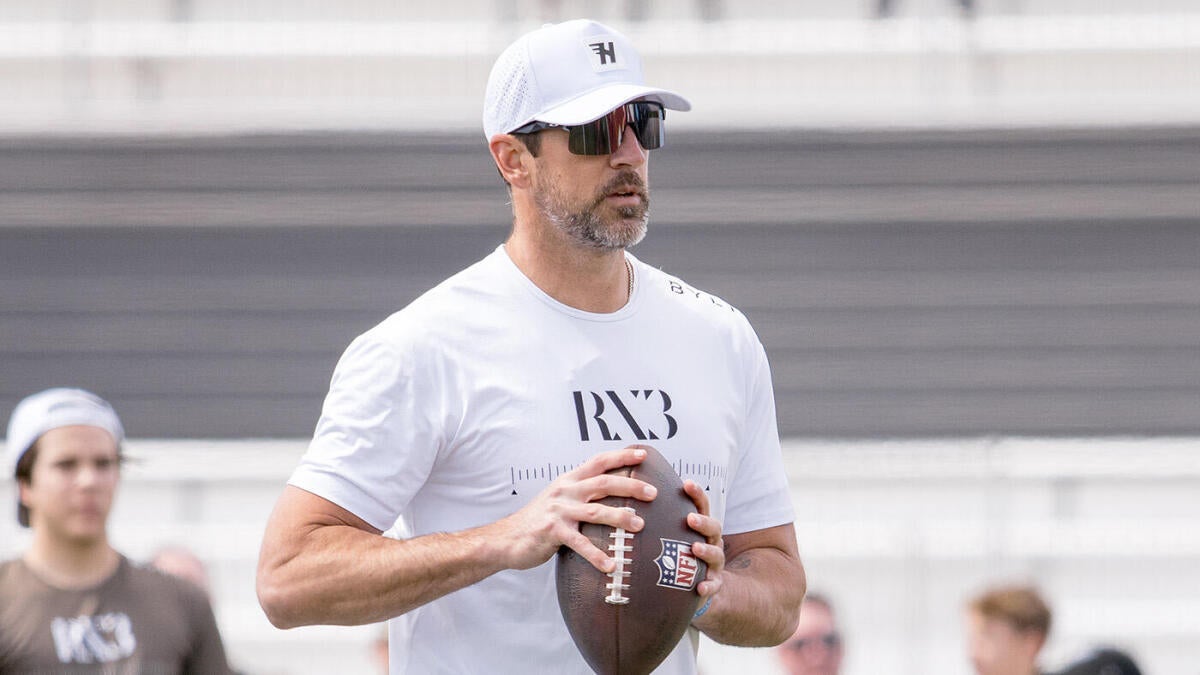Aaron Rodgers’ prolonged decision regarding signing with an NFL team, particularly the Pittsburgh Steelers, has sparked widespread speculation and analysis throughout the 2025 offseason. Despite intense public interest and media scrutiny, Rodgers has yet to finalize a commitment, and various sources have teased complex personal and professional considerations impacting his choice. Exploring the multiple factors behind his delay reveals a mix of personal challenges, career reflections, and pragmatic caution.
Unpacking Aaron Rodgers’ Delay in Signing
Rodgers, a future Hall of Fame quarterback, remains notably absent from finalized team rosters well into the free agency period—a rare phenomenon given his stature. Headlines emphasize that while the Steelers have been a leading contender to acquire him, Rodgers has neither signed nor ruled the team out definitively. His stance can be summarized through several repeated themes:
Rodgers himself cited “personal commitments” and “off-the-field stuff” requiring his attention. These range from relationship considerations—he is currently in a serious relationship—to more somber and unspecified personal life challenges. One source mentioned Rodgers sharing “heartbreaking personal life news” in relation to his signing delay, suggesting that emotional and familial factors weigh heavily on him at this juncture.
Rodgers indicated that joining a team like the Steelers is a “big commitment,” emphasizing it has to be “all-in” and genuine. This implies he is careful about finding an ideal fit where he can fully invest himself rather than rushing into a decision driven by external pressures.
According to insider reports, including statements from Ian O’Connor, Rodgers’ biographer, there are concerns about whether he is physically ready to practice and compete at the required NFL level this season. This aligns with theories that Rodgers is pacing his comeback carefully, balancing health and longevity concerns before making contractual commitments.
Analysts note that Rodgers’ delay gives him maximum leverage and control over his career trajectory, enabling him to weigh all options—including potential retirement—without hasty decisions. The Steelers, meanwhile, keep backup QB options open, understanding Rodgers’ indecisiveness complicates their roster planning.
External and Insider Theories
Beyond Rodgers’ own candid admissions, several speculative angles have emerged in the football community:
– Postponed Signing for Optimal Negotiation Timing: Some believe Rodgers is waiting to sign until after critical NFL draft and roster moves settle to maximize his bargaining position.
– Emotional and Psychological Readiness: The narrative surrounding Rodgers’ delay touches on possible emotional upheaval or personal tragedy, which requires resolution before he commits to a demanding NFL season.
– Strategic Career Positioning: With Rodgers’ legacy and career nearing a natural endpoint, his next step must align with his long-term vision—whether that includes chasing another Super Bowl, influencing team culture, or transitioning beyond active play.
Impact on the Pittsburgh Steelers and NFL Landscape
The Steelers face a delicate balancing act amid this uncertainty. They have kept Rodgers as a preferred target but continue to pursue other quarterback options as contingencies. This waiting game affects the team’s offseason strategy, draft priorities, and locker room dynamics.
From a broader NFL perspective, Rodgers’ saga is unprecedented for a player of his calibre this late into the free agency timeline. It amplifies conversations about athlete mental health, personal life integration with career decisions, and the modern quarterback’s evolving role beyond just on-field performance.
Conclusion: More Than Just a Contract
Aaron Rodgers’ hesitation to sign with the Pittsburgh Steelers—or any team—reflects a convergence of deeply personal and professional considerations. It is not simply a matter of contract negotiations or team preferences but involves serious reflection on life balance, physical readiness, and the gravity of career commitments at a pivotal moment.
His story underscores the human side of professional sports stars, reminding fans and organizations alike that decisions are rarely made in a vacuum. As Rodgers continues to navigate this complex period, the NFL and its followers wait with anticipation—not just for a player’s next destination but to witness how he reconciles ambition, identity, and personal well-being at this critical crossroads.





